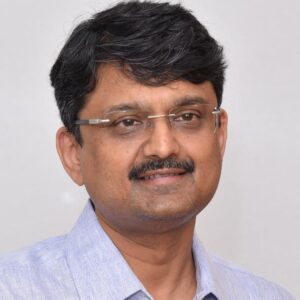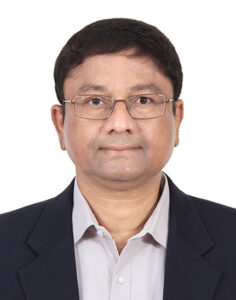Hypertension on the Rise Among Women and Youth, Say City Cardiologists
- Women face heightened hypertension risk due to hormonal shifts, PCOS, and emotional stress
- Rising cases among young adults linked to diet, erratic schedules, and sedentary habits
- Experts recommend integrated approach combining medical care with yoga, meditation, and diet correction
BILKULONLINE
Ahmedabad, 16 May: Once considered a concern for the elderly, hypertension is increasingly affecting younger populations and women—driven by lifestyle changes, emotional stress, and lack of early diagnosis, according to senior cardiologists at Apollo Hospitals, Ahmedabad. Marking World Hypertension Day on May 17, doctors have cautioned that this “silent killer” is quietly fuelling the burden of cardiovascular disease, kidney dysfunction, and neurological complications in India, often going unnoticed until severe complications arise.
Women are particularly vulnerable due to a combination of biological and social factors. Hormonal fluctuations during menstruation, pregnancy, and menopause, as well as conditions such as polycystic ovarian syndrome (PCOS) and autoimmune disorders, raise the risk of developing high blood pressure. Emotional stress—often under-reported—acts as a significant but overlooked trigger.

According to Dr Sameer Dani, Director and Senior Interventional Cardiologist, Apollo Hospitals and Apollo CVHF Heart Institute, “Hypertension is no longer just a middle-aged issue. We’re seeing younger patients—some even in their 20s and 30s—presenting with elevated blood pressure. The rise in incidence of hypertension in young adults is around 25-30% over last 30-40 years. The rise in stress levels, poor dietary habits, and sedentary lifestyles are key contributors. While this appears to be a growing trend, it’s also possible that improved awareness and proactive health screening are helping us detect these cases earlier than before.”

Supporting this observation, Dr Jayesh Prajapati, Consultant Cardiologist at Apollo Hospitals, said modern eating habits are compounding the problem. “Traditional, home-cooked meals are being replaced by processed, high-sodium foods. Poor hydration and erratic eating schedules further increase vulnerability, especially among working professionals and students. What’s concerning is that many individuals don’t even realise they’re hypertensive until they experience symptoms like fatigue, headaches or palpitations,” he said.
The recently released Health of the Nation Report 2025 by Apollo Hospitals adds further perspective. As per the report, 15,172 individuals were screened in Ahmedabad. Of these, 24.4% were found to be hypertensive, while an additional 51.9% fell into the pre-hypertensive category. Only 23.7% recorded normal blood pressure levels.
The findings underline the scale of silent hypertension in the community and highlight the urgent need for proactive screening and lifestyle intervention.
Doctors recommend an integrated approach to prevention and management. Alongside medication when needed, stress-reducing techniques such as yoga and meditation can significantly help regulate mild to moderate hypertension. Regular exercise, a balanced diet low in salt and sugar, and routine check-ups are essential in keeping blood pressure within normal limits.
“Hypertension is manageable—but only if detected early. This World Hypertension Day, we urge people to prioritise their cardiovascular health and take preventive measures seriously, especially women and young adults who may be silently at risk,” added Dr Dani.



